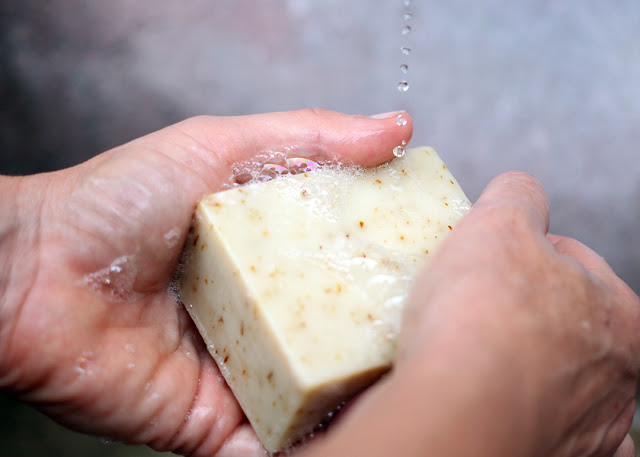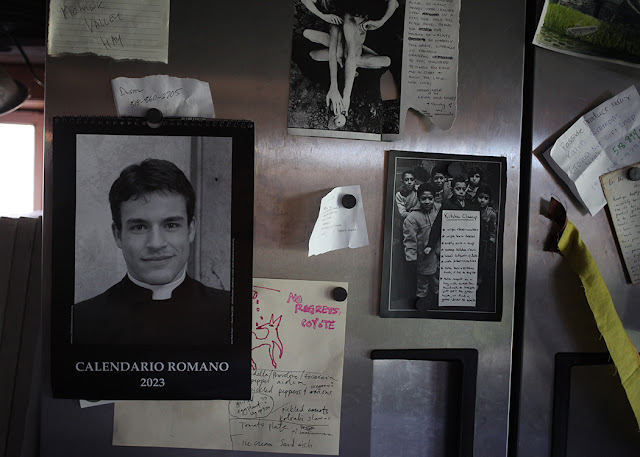January and February always prove difficult for me, and while I like to think that I'm special or an exception to the rule, I fear that I'm like many people in the North who are affected by seasonal depression.
I joked about the Huberman podcast on Instagram recently (here is that hilarious remix). Huberman is a scientist at Stanford; his lab studies the brain, and he talks a lot about the science of 'well-being'.
Caught between interest and disdain ('optimizing' language puts me off, as does the praise of supplements like Athletic Greens, nootropics, reishi coffee and the worship of Navy Seals) every day I find myself considering his advice; scanning the horizon back and forth to get a dose of morning sunlight in my eyes while feeding and watering farm animals. I walk past the frozen pond and imagine cutting a hole in the ice for cold plunging - apparently an excellent tool for modulating dopamine and balancing your circadian rhythms for better sleep (Finnish relatives of mine used to do this regularly.)
But optimizing rhetoric becomes problematic for me from a post-humanist, feminist perspective because it begs the question, who's not optimized?
Who is not fulfilling their potential and why and by whose standards? Post-humanism is not just about granting rights to robots like Sophia (a sexy chatBot modeled after Nefertiti and Audrey Hepburn and granted citizenship in Saudi Arabia in 2017) and it's about much more than trans-humanism which feels like a hyper-masculine shitstorm currently hovering over the potential of ChatGBT.
To me, Post-humanism at its fundamentals is a departure from the sexist and racist origins of Humanism which centered on white men in Europe under the guise of morals, reason, and the pursuit of truth through science.
An easy visual that really helped me understand these concepts is Leonardo da Vinci's iconic drawing of the Vitruvian Man - "a perfectly proportioned, healthy, male and white model, which became the golden mean for classical aesthetics and architecture. The human thus defined is not so much a species as a marker of European culture and society and for the scientific and technological activities it privileges." (Braidotti, Posthuman Feminism, 2022)
Humanism put a sharp point on difference and laid the groundwork for the modern rationalization of the exploitation of difference (sexism, racism, classism, anthropomorphism.)
The infamous hot priests calendar - a gift to the farm hangs on the big fridge. During the Renaissance, Humanism was born as a reaction to the mystical divinity of the Catholic church that governed reason at the time.




No comments:
Post a Comment